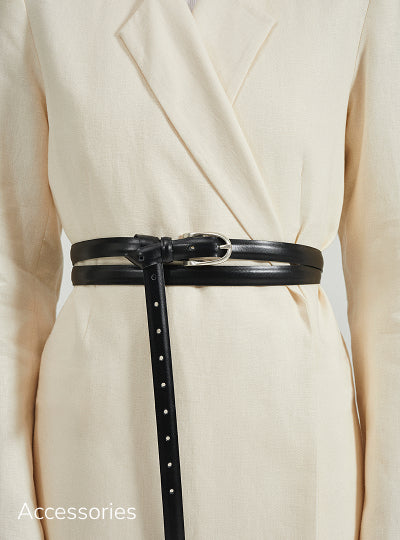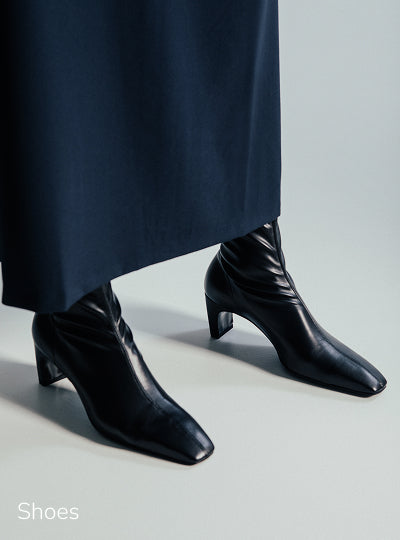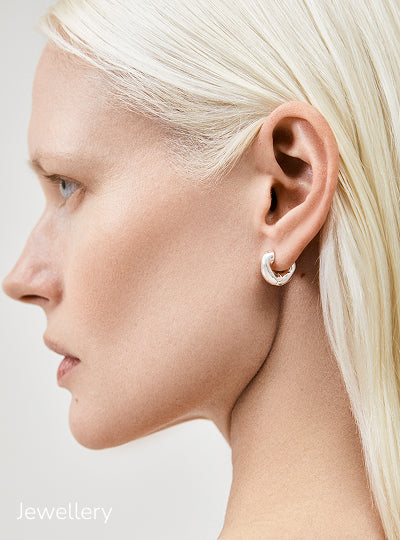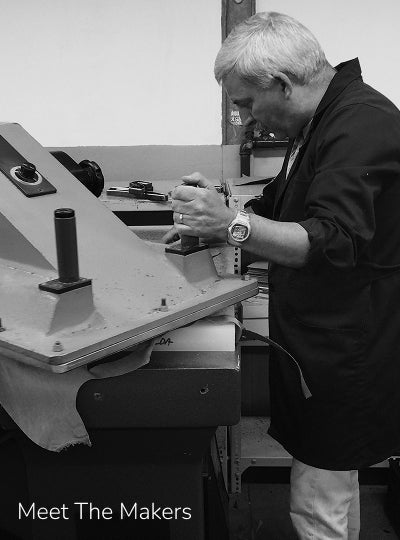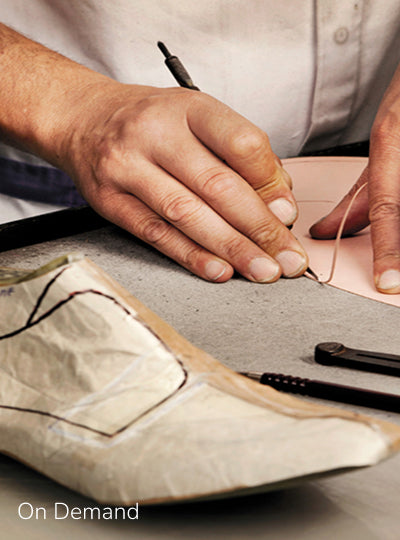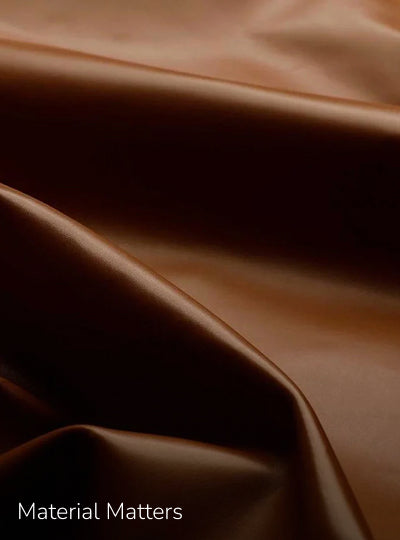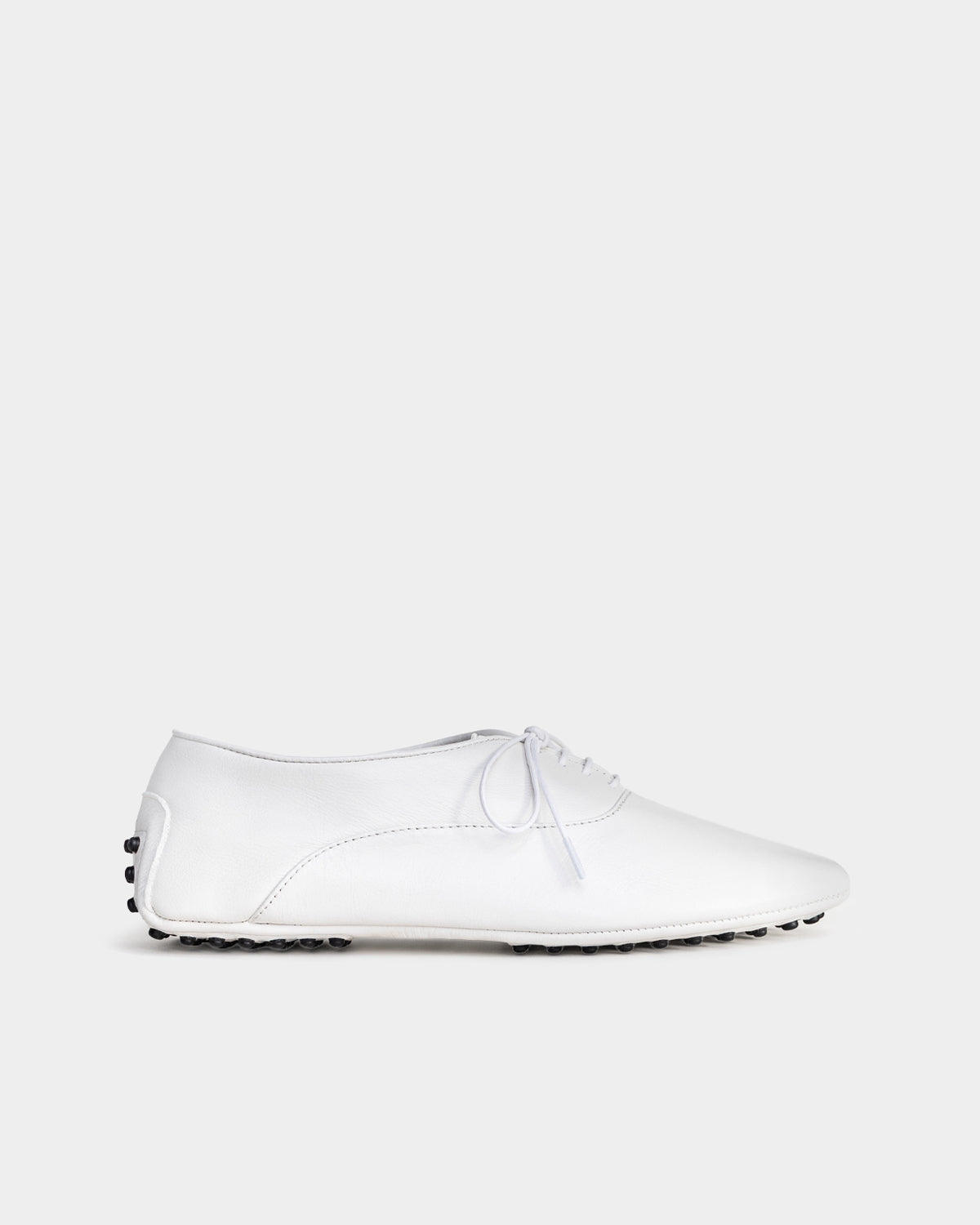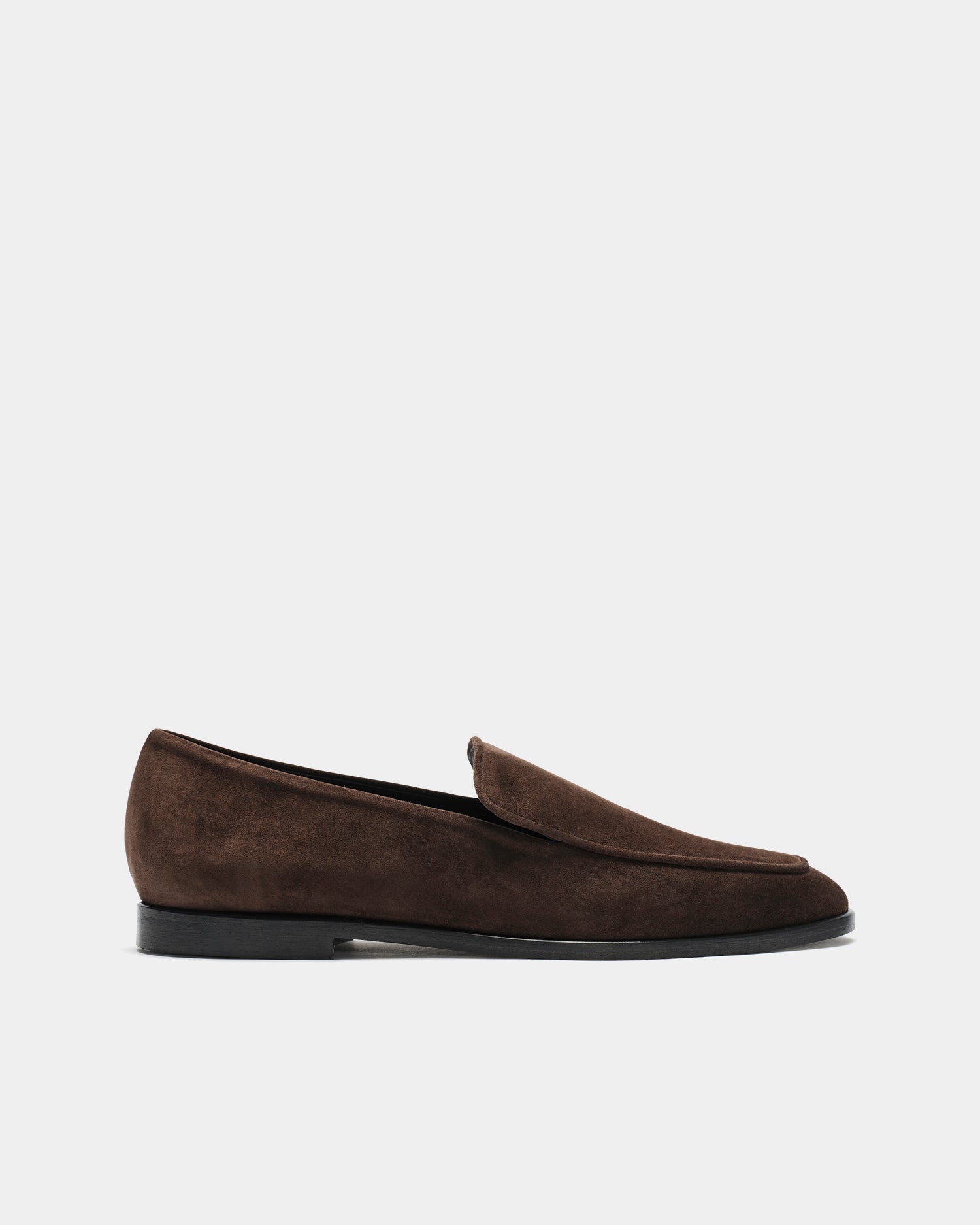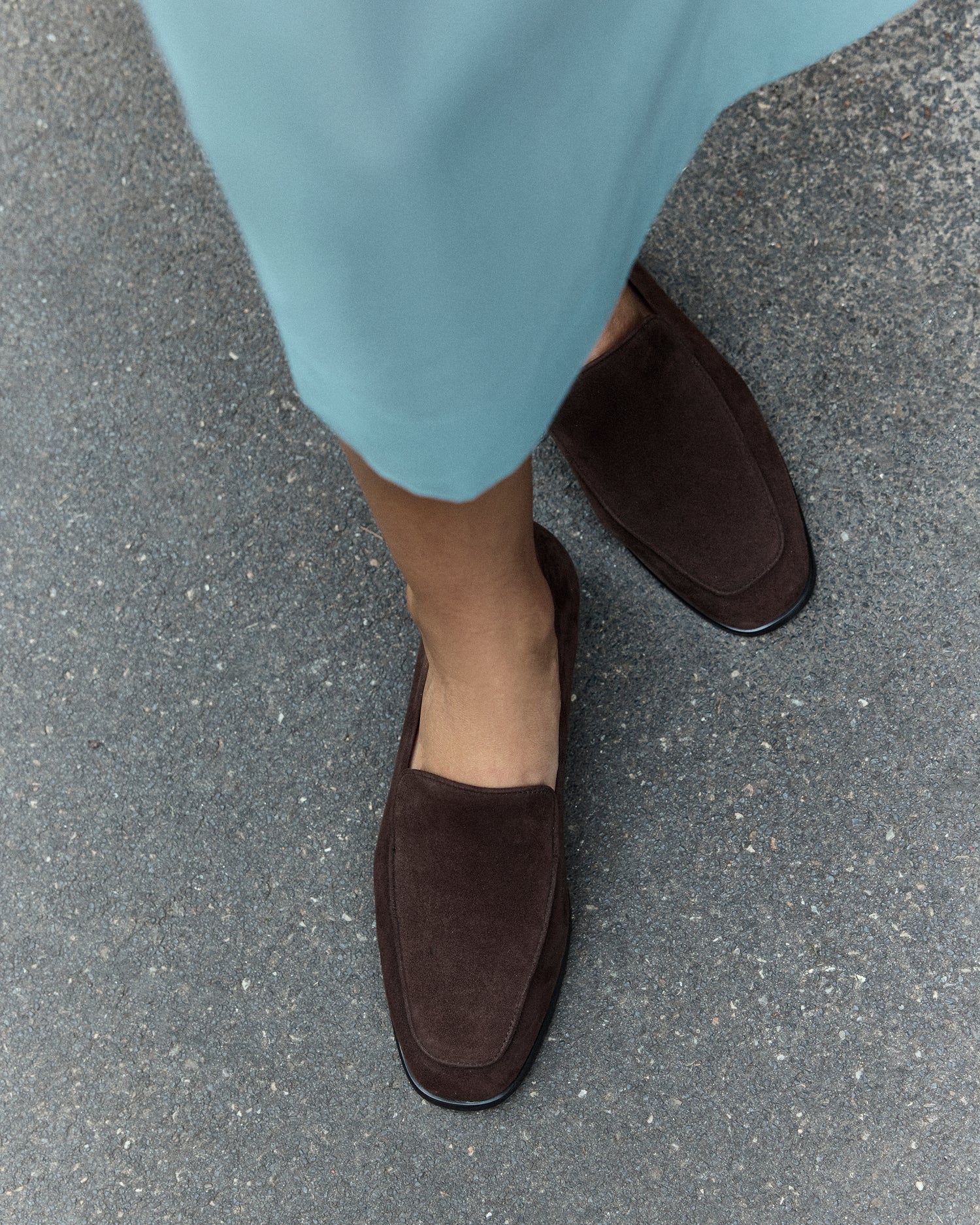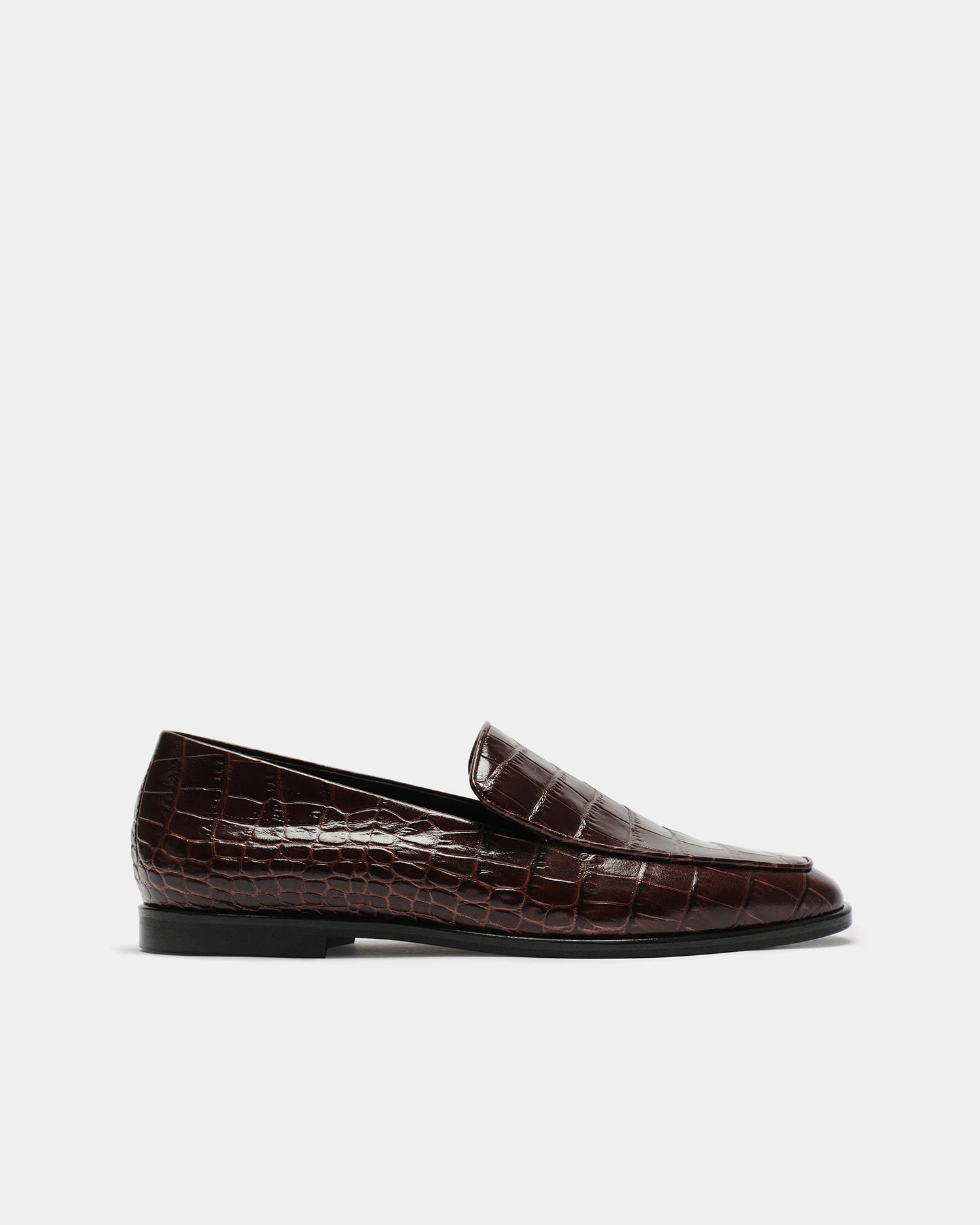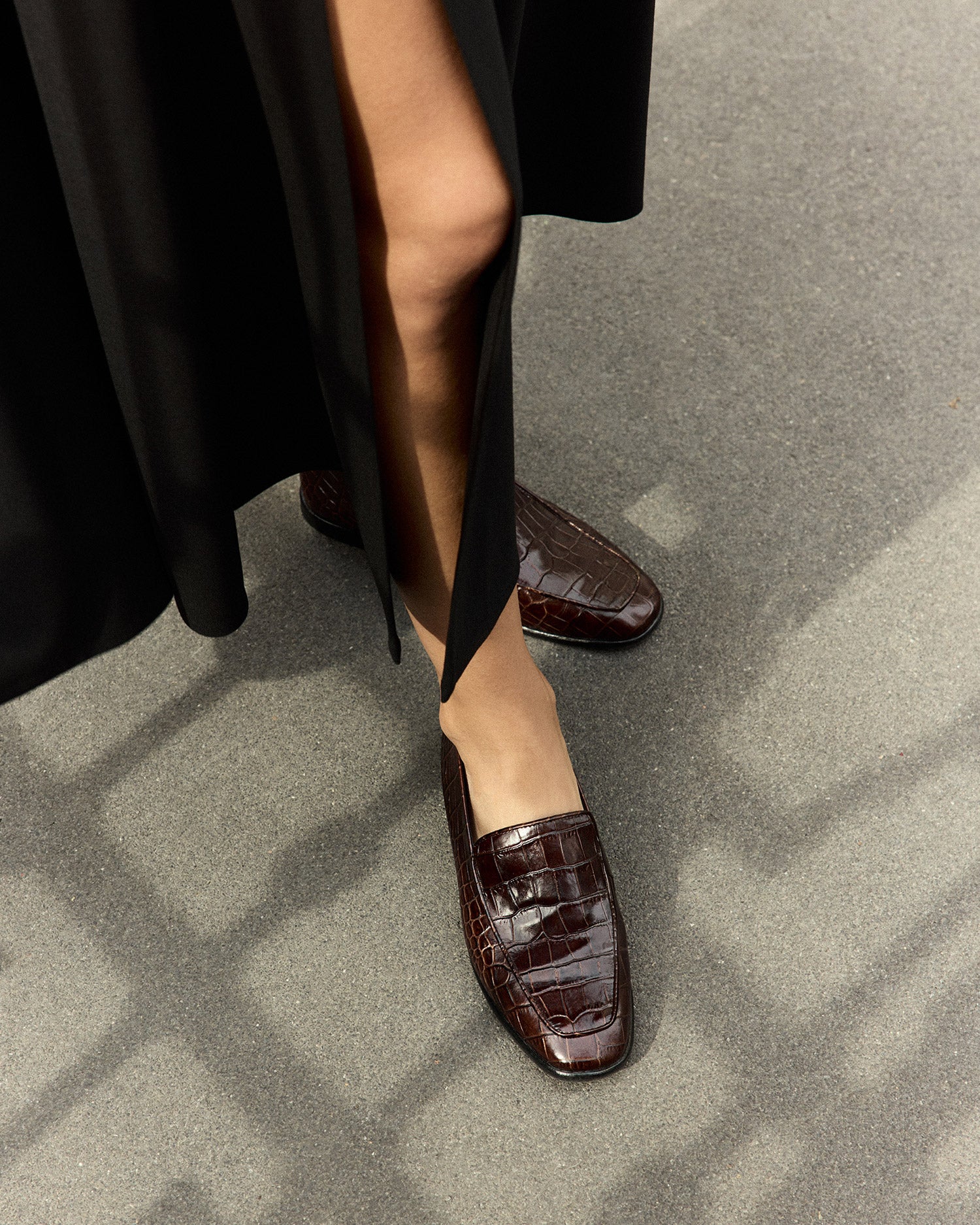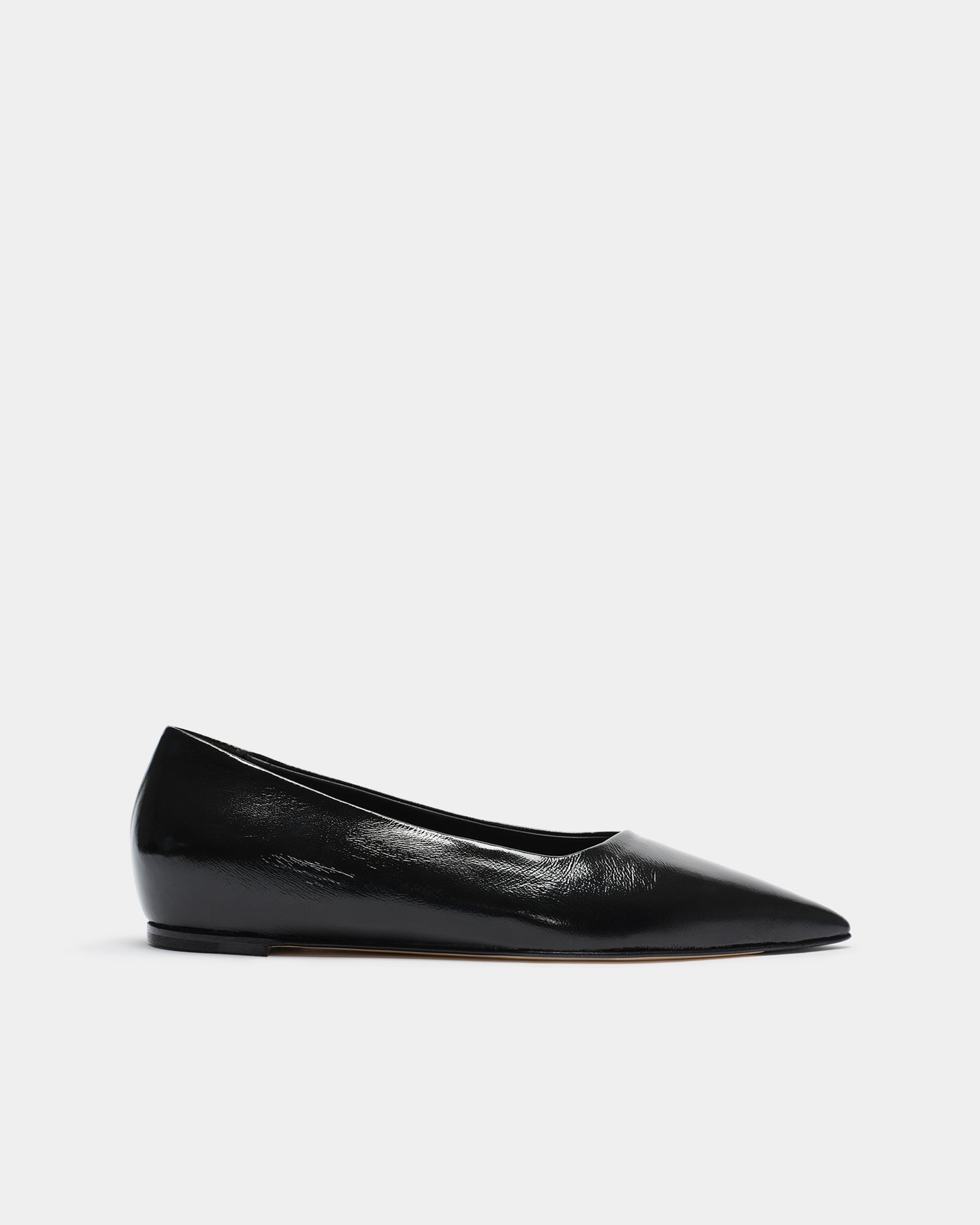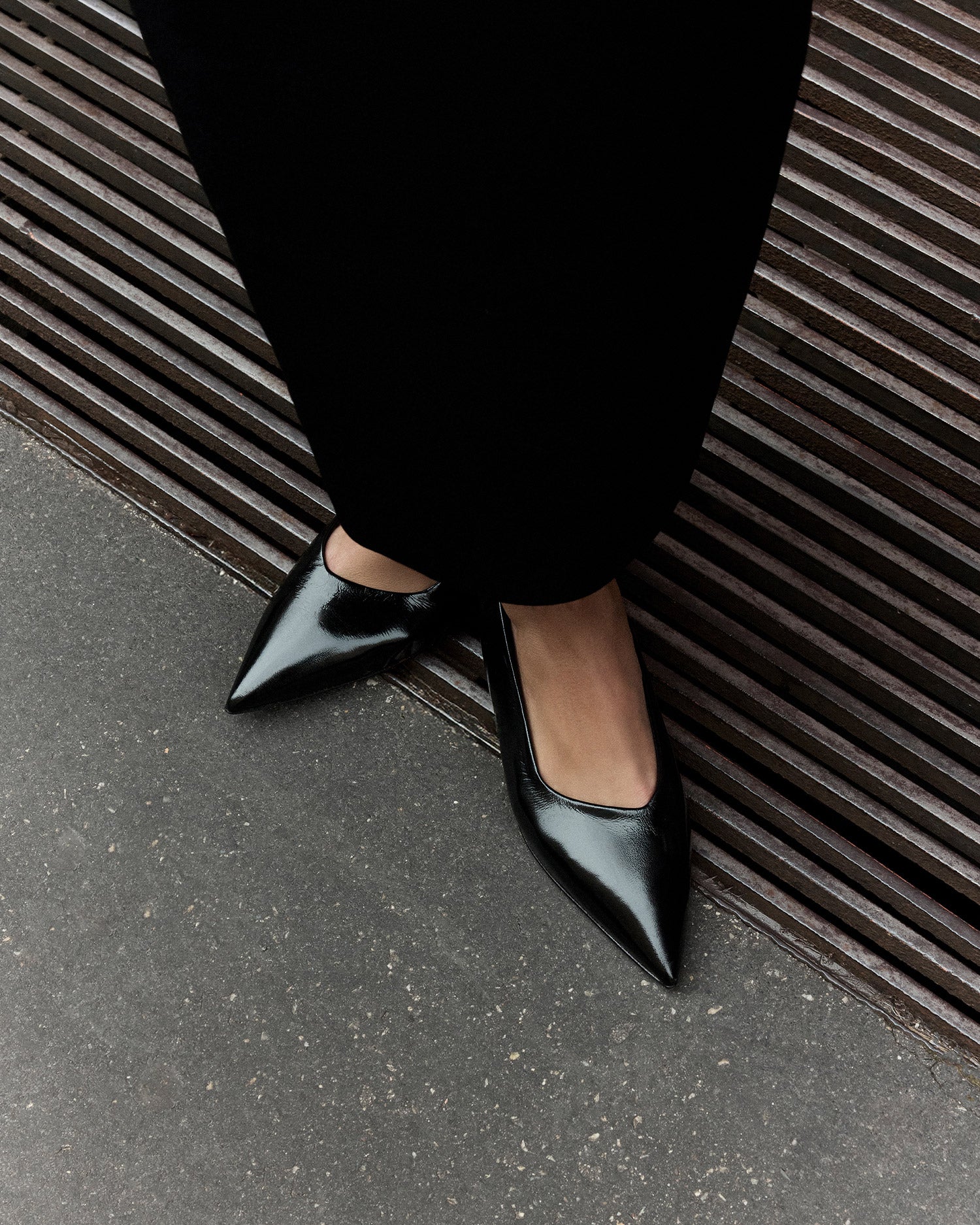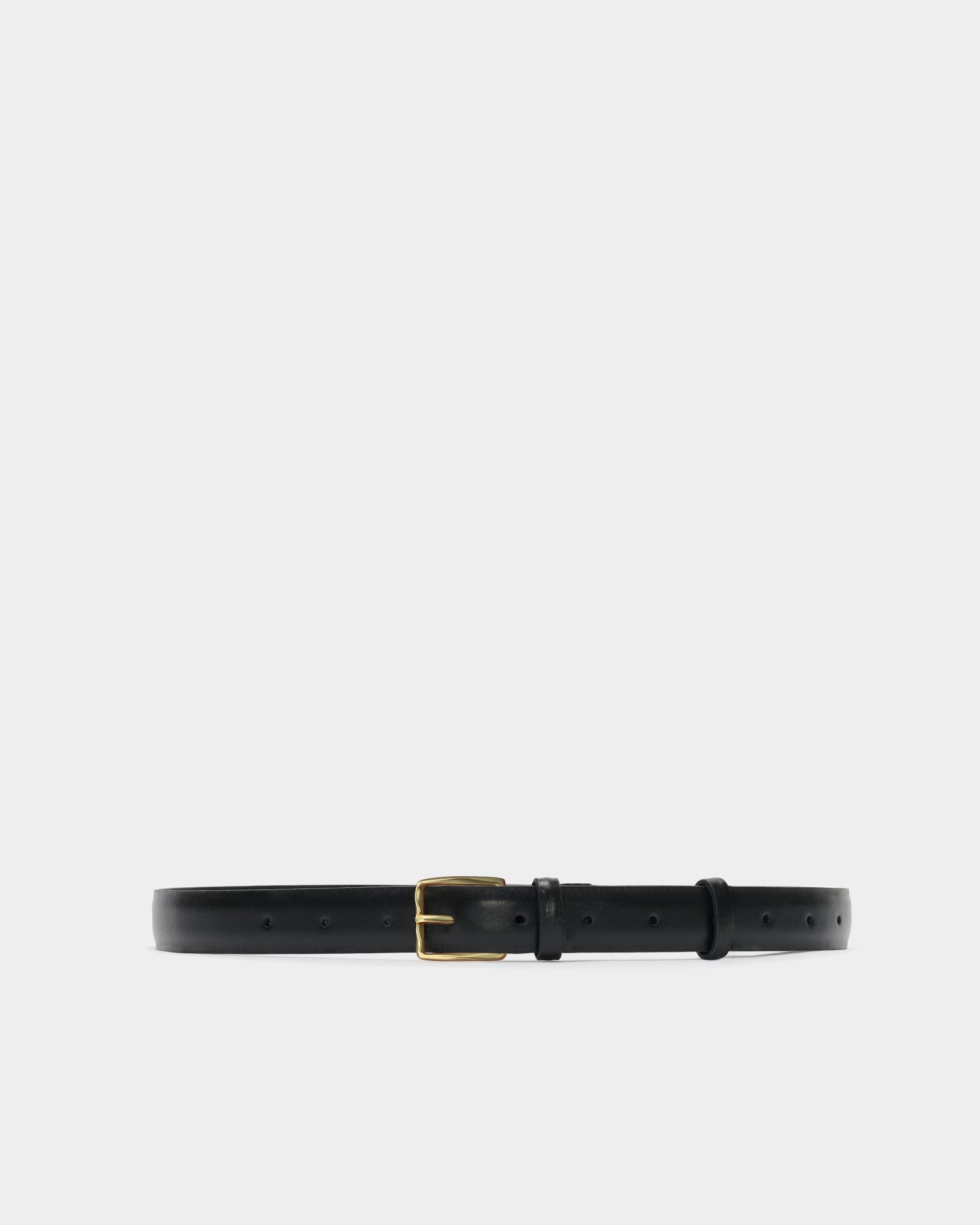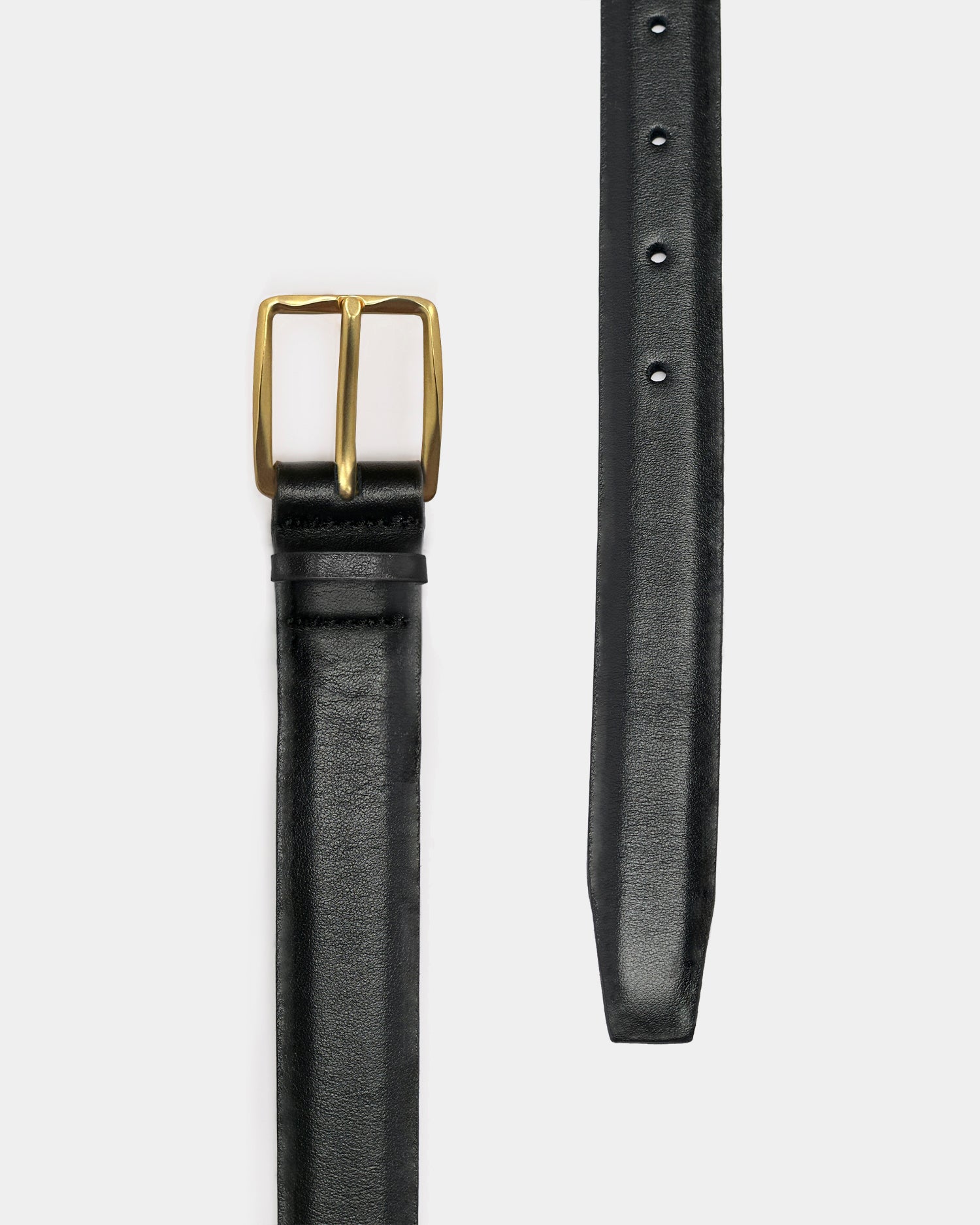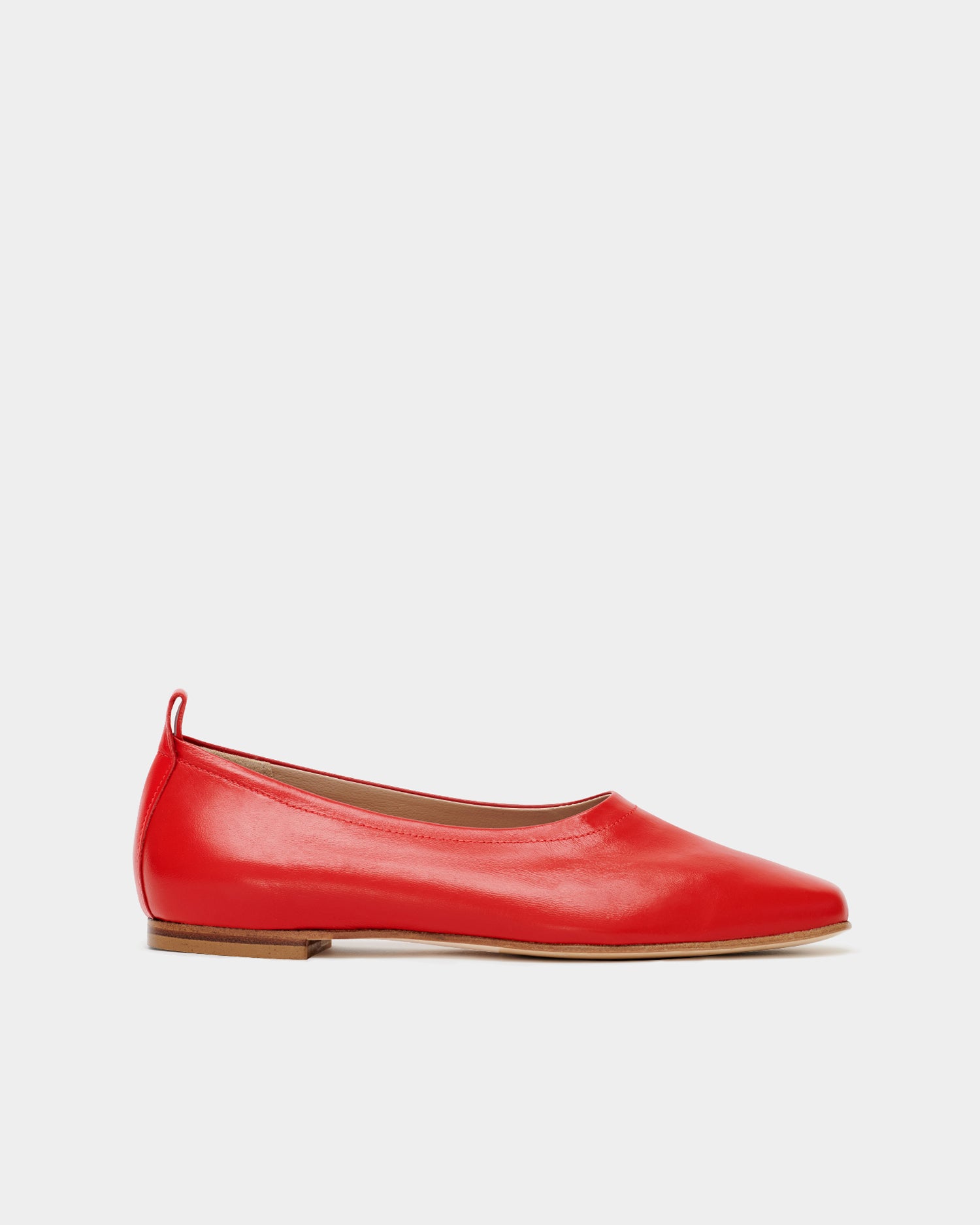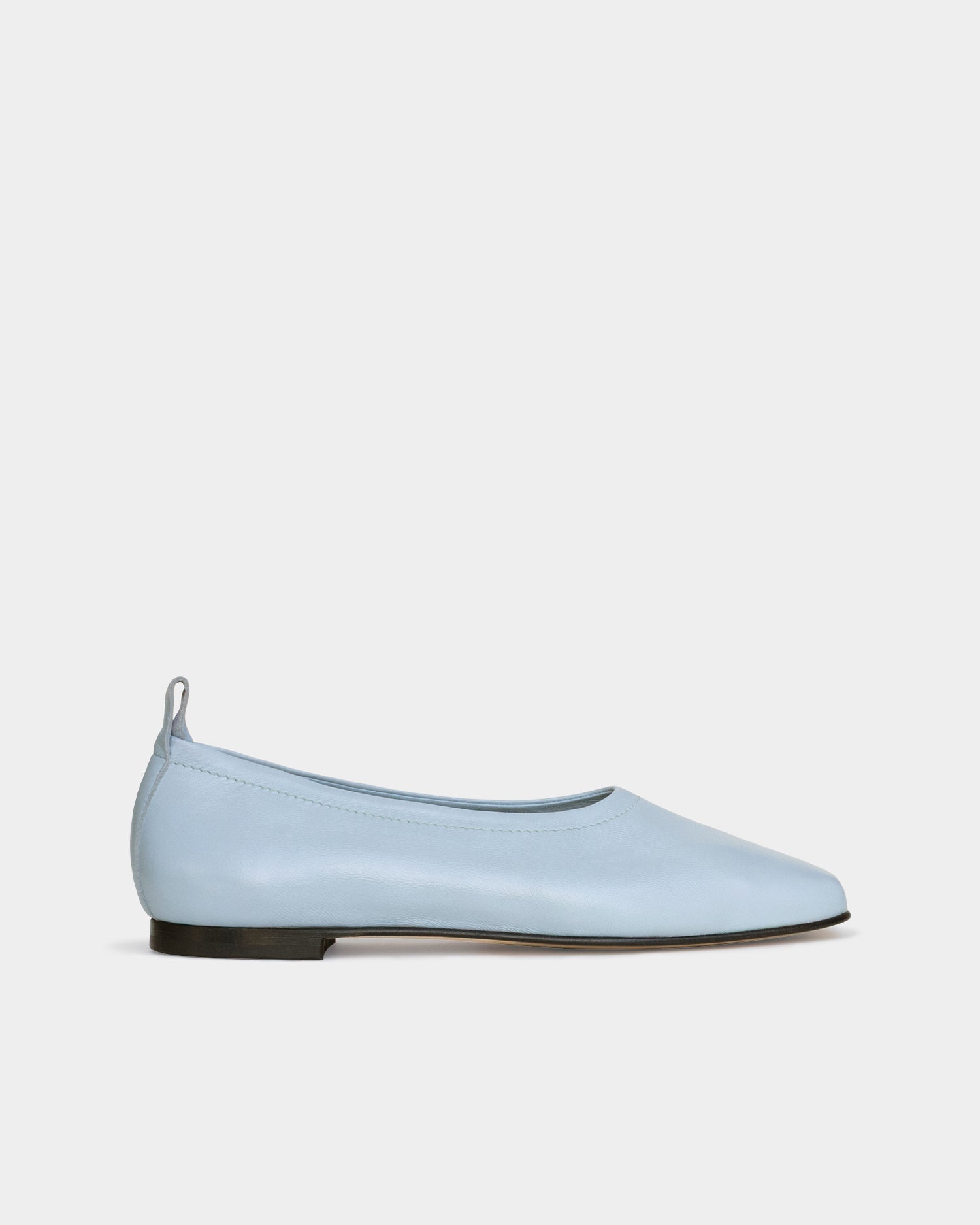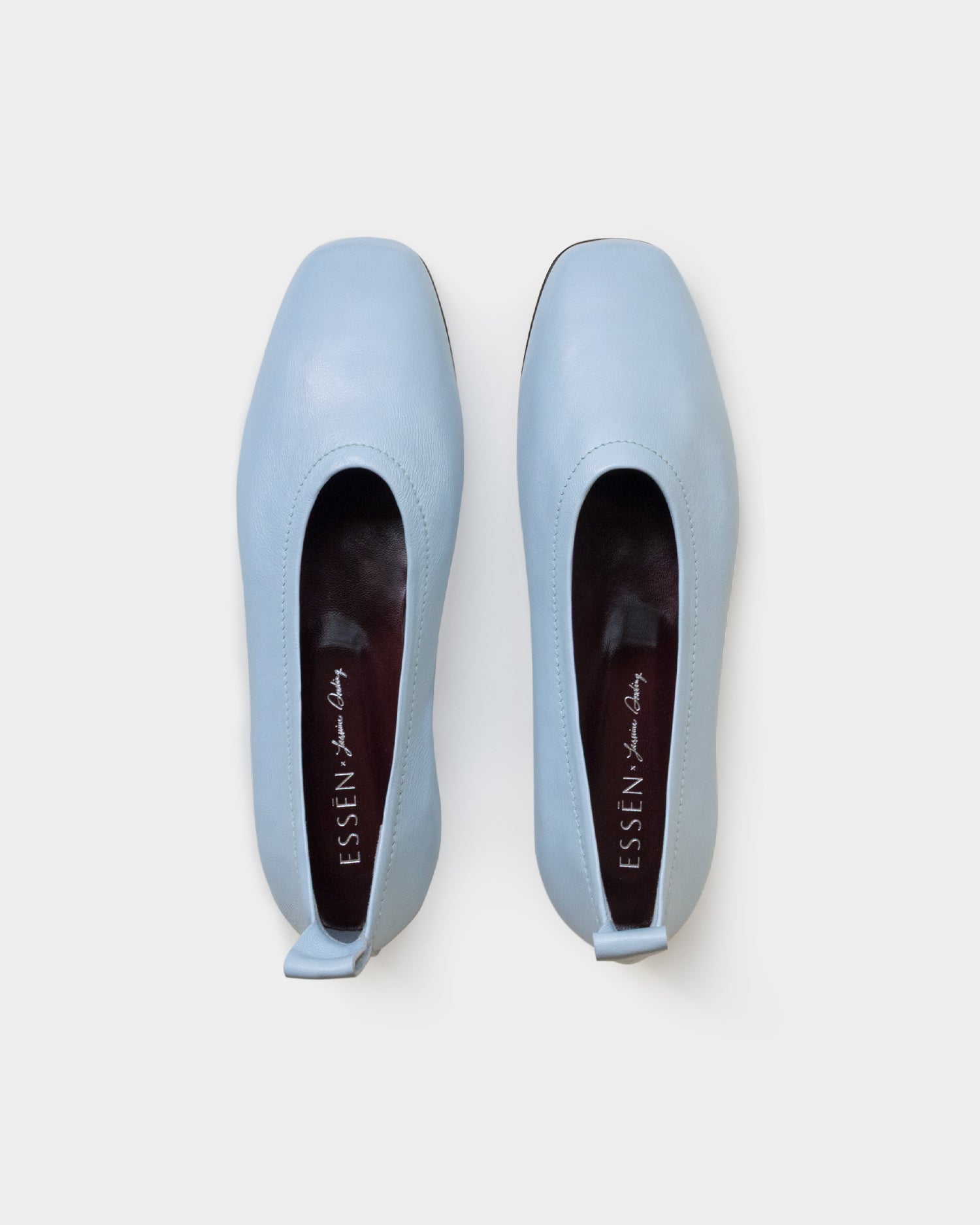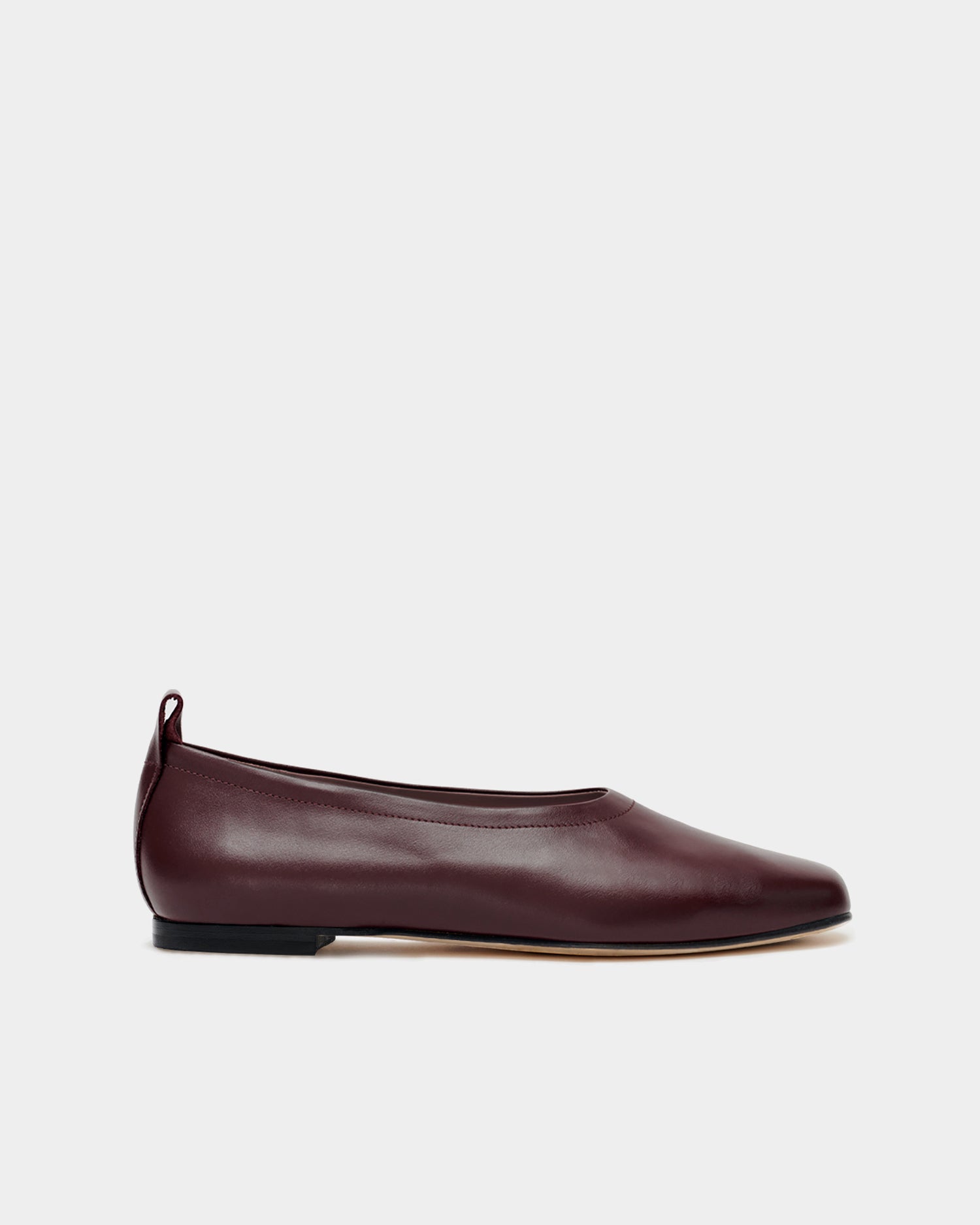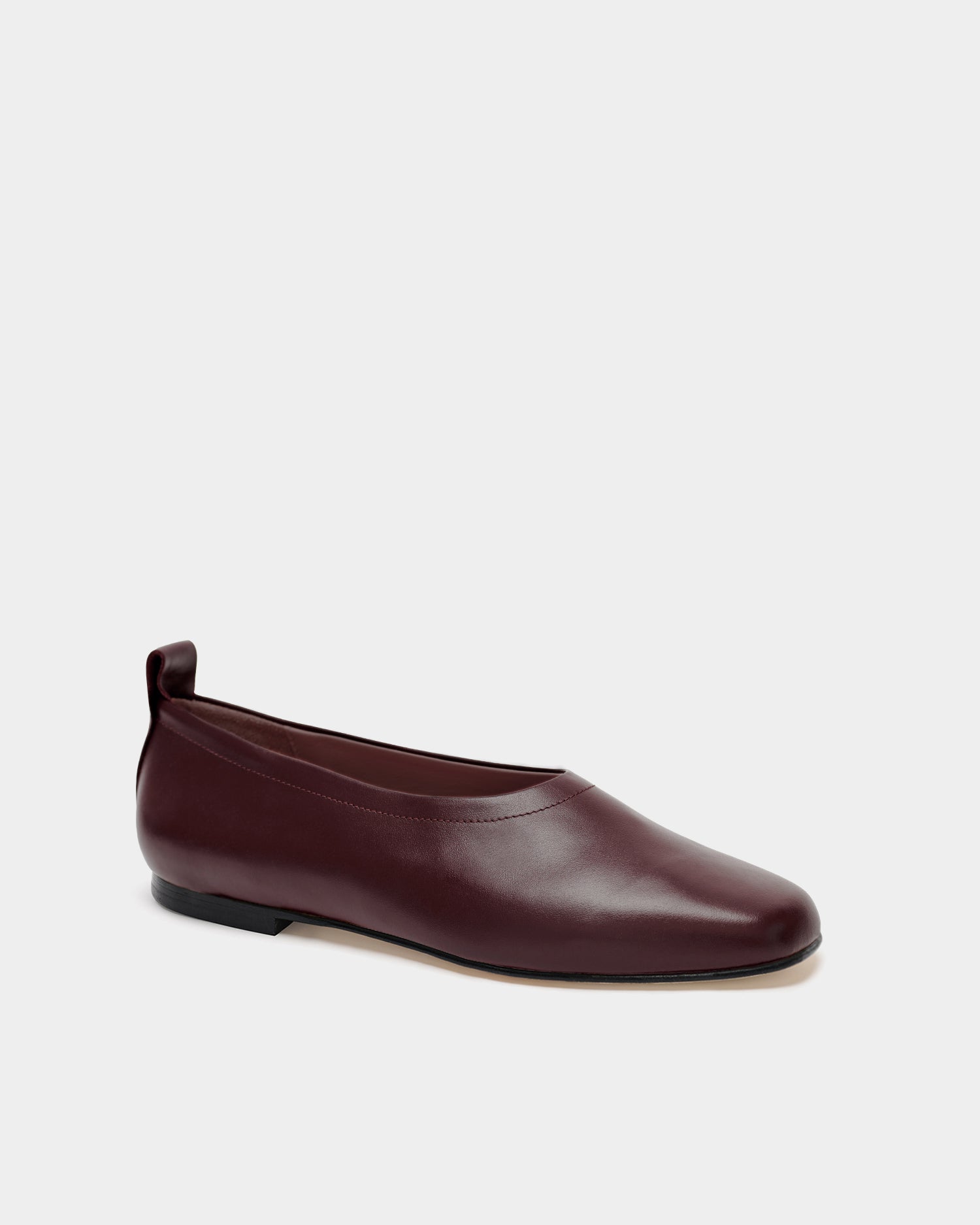At ESSEN, we’re constantly challenging ourselves to do more for our customers and the world we share. From the longevity of our designs to our considered production processes, we’re on a mission to maximise your wardrobe while minimising your environmental impact, and the materials we use are key.
Real leather is fast falling out of fashion for its impact on animal welfare and the environment and as a result, plant-based leathers are taking off. However, most of these leather alternatives still rely heavily on chemical processing to give them a leather-like feel and comparable durability. Most vegan leather is made of plastic, specifically polyurethane, PVC or polyester. These materials are made of fossil fuels and non-biodegradable, which present large environmental problems of their own.

The Leather Working Group
While we’re committed to researching new methods and materials, leather is incredibly durable and can be eco-friendly when used correctly. For example, we only work with high-quality materials that have minimum impact on the environment and the people that work with them. Every ESSEN shoe is exclusively crafted from leathers that are certified by the Leather Working Group (LWG). The LWG audits the environmental impact of tanneries throughout the supply chain and certifies those which comply with their protocols.
We’re proud to share that almost all of our tanneries are certified as LWG Gold. Others are certified as LWG Silver, meaning they’re doing a great job but there’s more work to be done.
Our Promise - We only ever use leather that is a by-product of the meat industry, meaning it would otherwise go to waste, and we will never use exotic skins.
When you know how your leather is being sourced, you can trace it all the way back to the networks of farms it originated from. This allows us to ensure positive outcomes for the environment as well as care for the animals. By knowing how the leather is being processed, we’re empowered to take actions like reducing or eliminating the use of harmful chemicals in tanning.
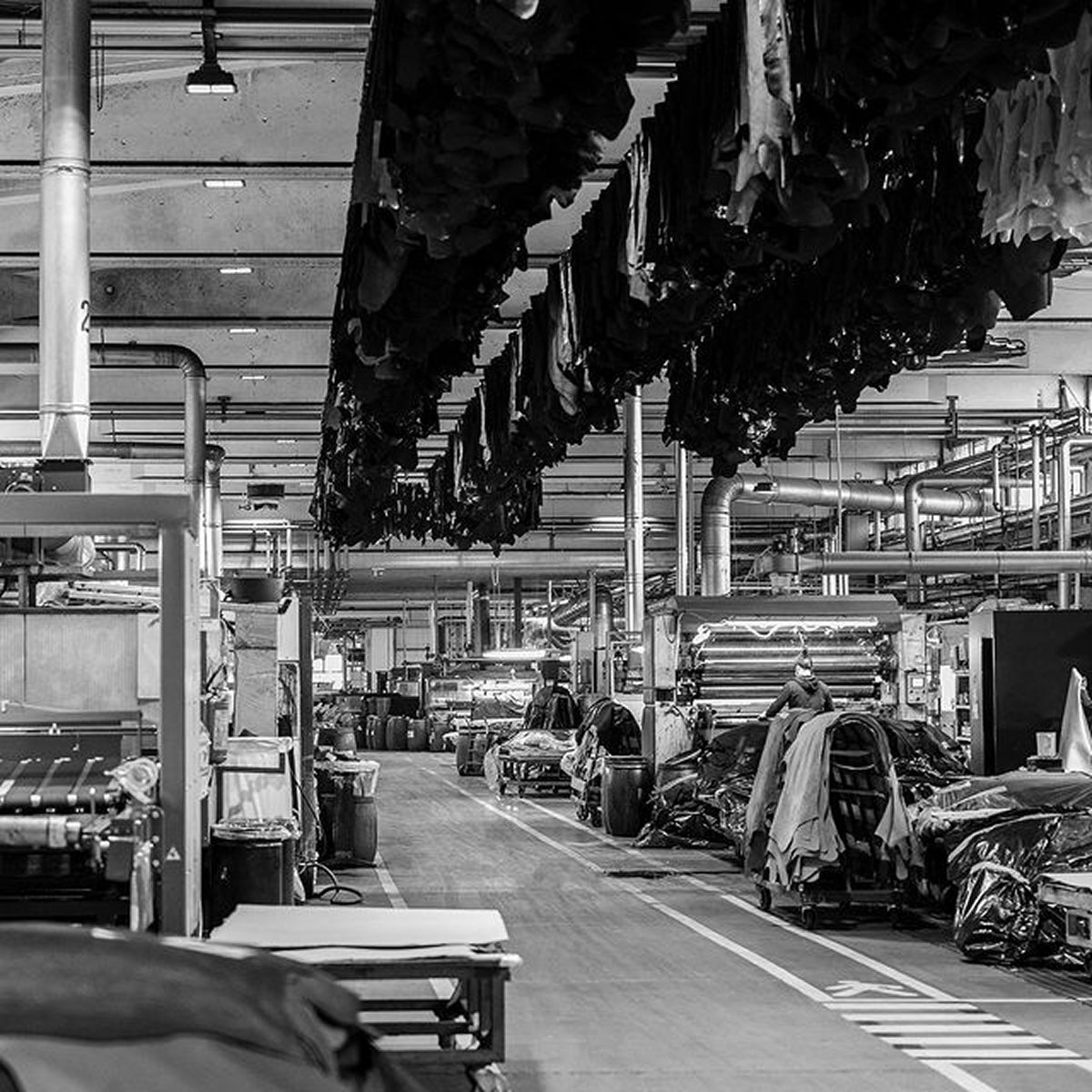
energy consumption
Our tanneries are energy efficient plants, covering 70% of their own energy needs through cogeneration.
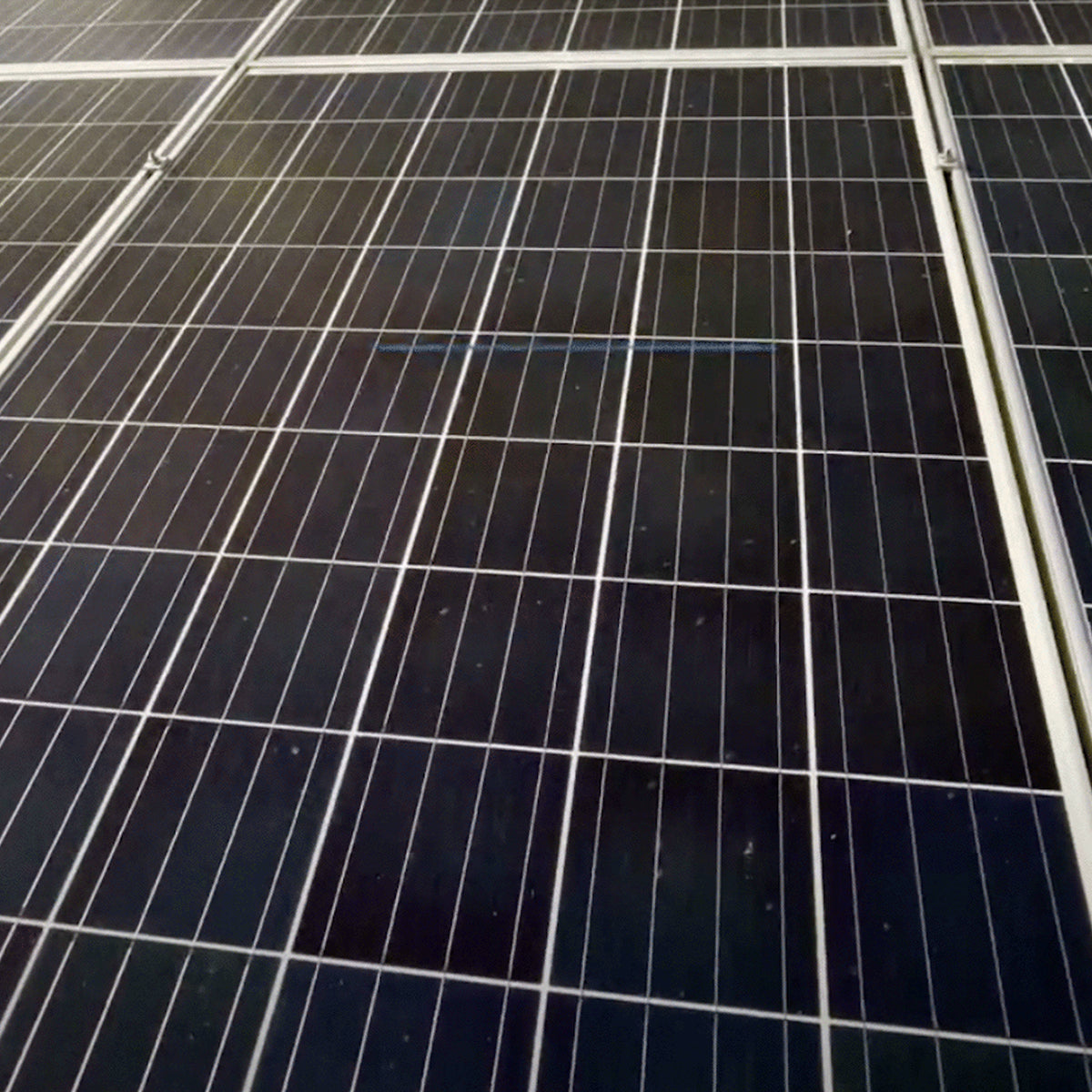
ENERGY CONSUMPTIONS
They’ve installed photovoltaic solar systems with a capacity of 140kWh.
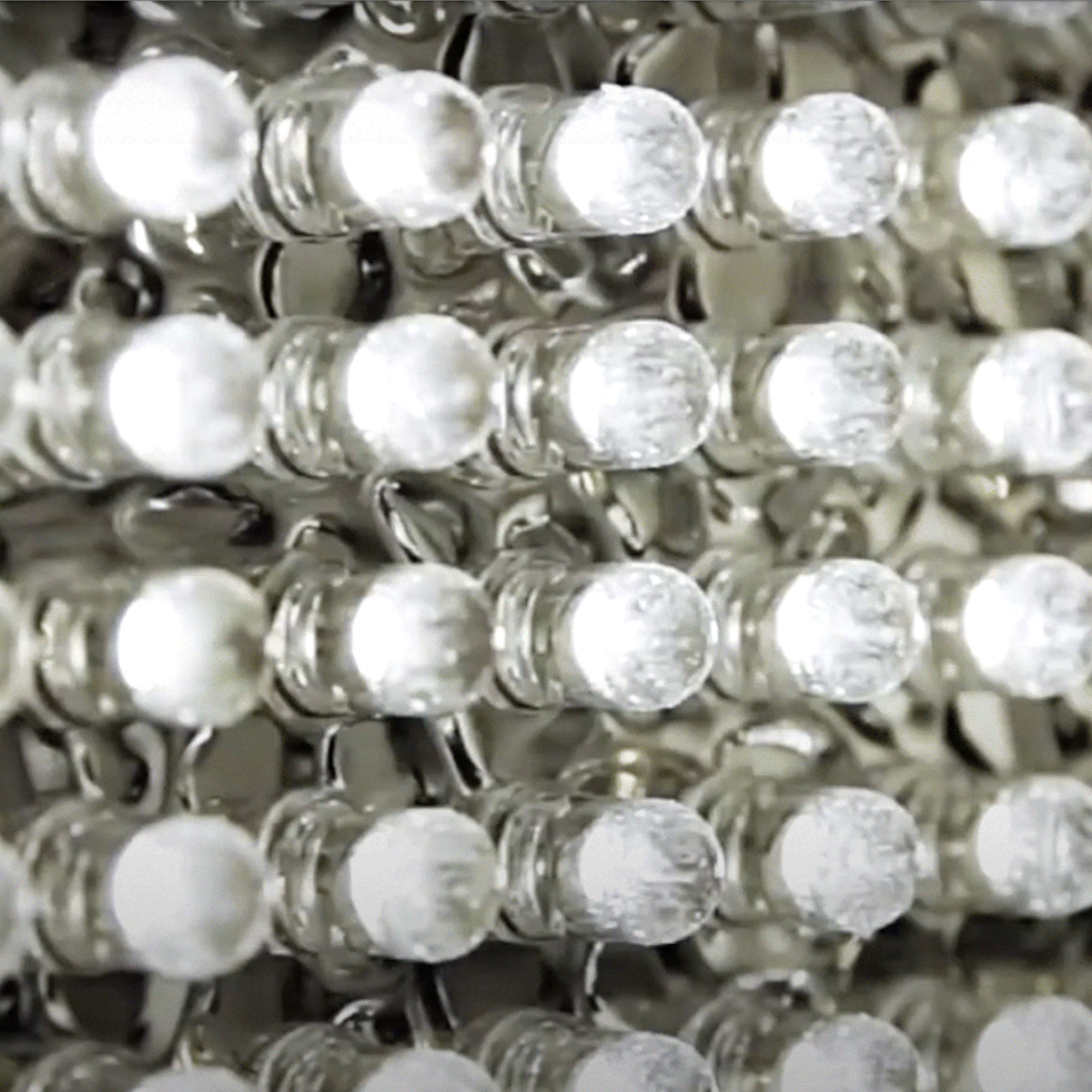
ENERGY CONSUMPTION
They’ve replaced all lighting to LED lamps, drastically reducing electrical consumption.


WASTE MANAGEMENT
Around 20% of our world’s wastewater is a direct result of material dyeing and treatment, with untreated wastewater being pumped back into our water systems and contaminating its contents with toxins and heavy metals.This negatively impacts the health of the water along with the animals and humans that consume it. Each of our workshops has comprehensive internal waste management systems and the LWG-Silver certification signifies that our suppliers are responsibly managing chemical and physical waste. This is largely thanks to the introduction of new technology and machinery which results in 40% less solvent consumption during finishing. Thereby further reducing the amount that ends up in the atmosphere and wastewater.
WATER USAGE
Our tanneries make a conscious effort to recycle their water, and reduce their overall consumption. They’ve installed wastewater recovery plants to create a second use along the production chain as well as wastewater treatment plants, allowing them to recycle and reuse the water for cleaning operations.The production wastewater is transferred to a local treatment plant, where it gets treated, sanitised and returned to the environment. On average, using LWG-rated leather manufacturers save 12.1 billion litres of water, every year.
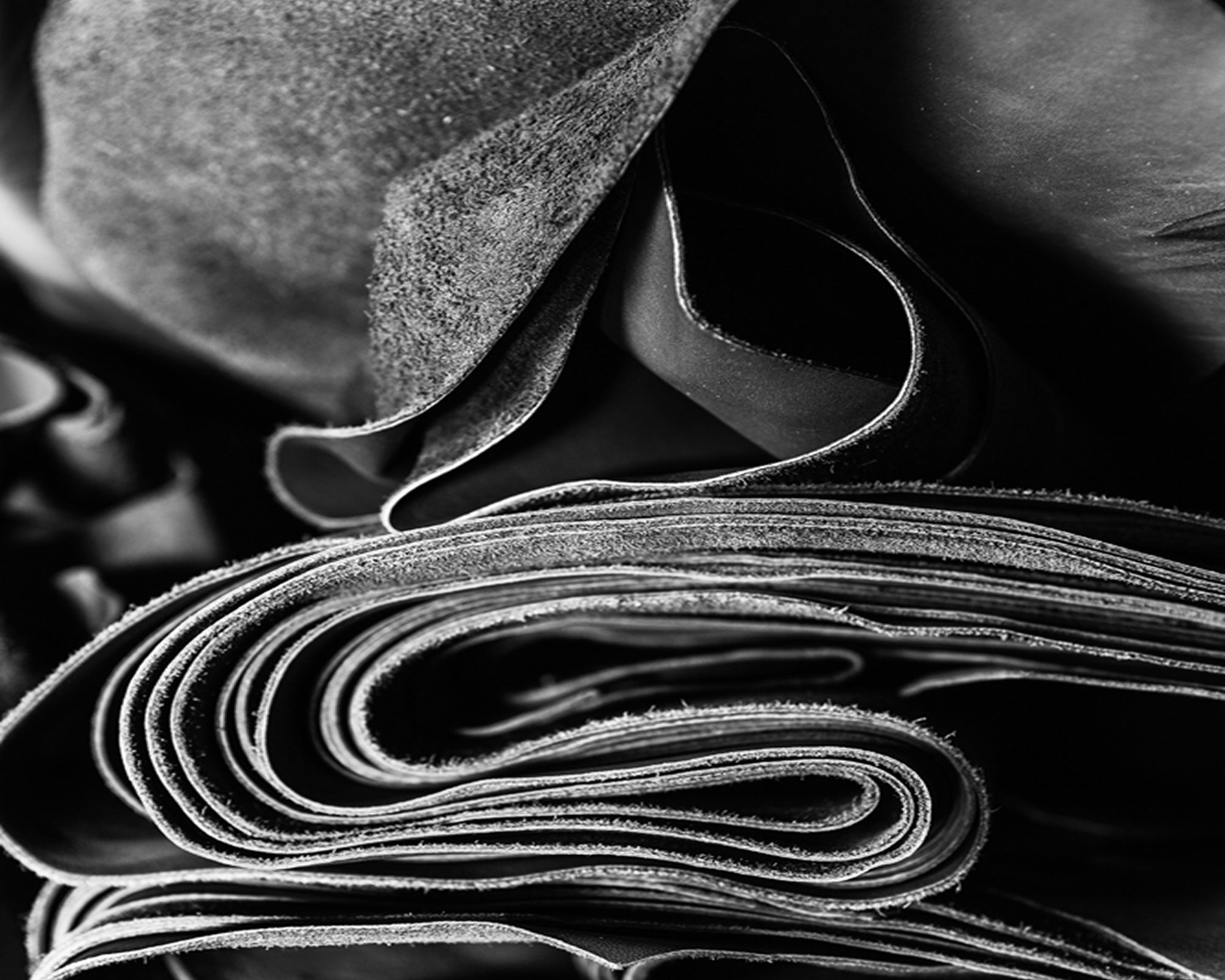
CHROME MANAGEMENT
Our tanneries work with chemicals that have 40% less environmental impact and where possible, use water-based products. All of our leathers are free from metal and toxic chemicals such as chrome-6, which is harmful to both humans and the environment.Whilst chrome-6 is toxic and can cause respiratory illnesses, including respiratory cancer, chrome-3 is essential for humans to metabolise carbohydrates, proteins, and fats, and is therefore, an essential dietary element.We use non-toxic, chrome-3 tanned aniline leathers because many colours (including white) are still only achievable with chrome tanning. This process uses significantly less water and energy and the final leather is water-resistant, softer and thinner, making for a more comfortable product. Aniline leathers demand the best quality hides and require true craftsmen to ‘read’ the leathers.
OTHER MATERIALS
For us, transparency is the new luxury, and by clearing the smokescreen of greenwashing we can actually start doing the heavy lifting of making the fashion industry more sustainable, together.
Producing in Europe enables us to source all components and materials locally. Wherever possible we use excess trimmings from other factories or used recycled plastic in an effort to avoid high-quality materials ending up in landfill, and minimising the need for virgin materials that require large amounts of petroleum, energy and water to produce.
Taking this one step further, we have now partnered with Renoon which uses blockchain technology and on-demand analysis to gather and verify information to show the complete product journey and determine each product’s compliance state. This information is then displayed across multiple points with the Digital Product Passport and QR code, scannable from each individual ESSEN shoebox.We’ve always been proud of the hard work that goes into crafting our shoes and their stories, and are excited to be able to now share this journey with our customers.
The Collection
READ MORE
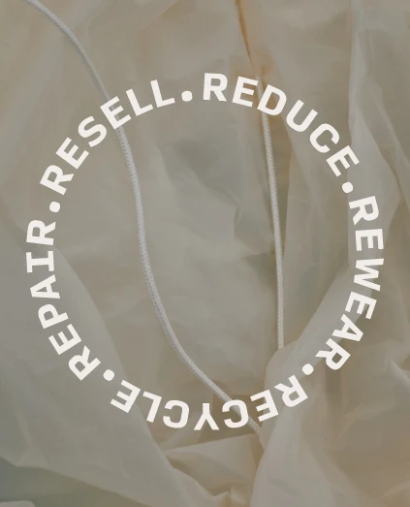
Fashion has the potential to become one of the most circular industries. Learn more about what we’re doing to fill the gaps in our product lifecycles.
Read more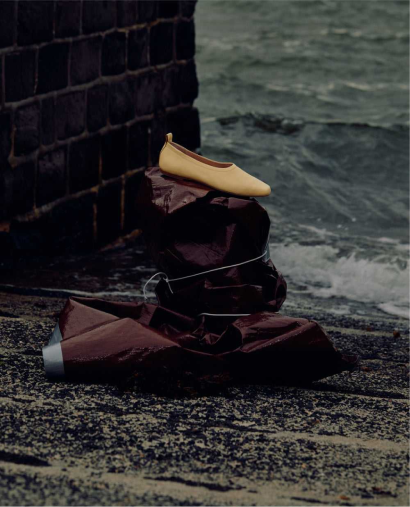
An initiative to show and inspire people that the waste that surrounds us can be transformed into something beautiful and useful. The circular economy can open us up to options that are recycled an...
Read more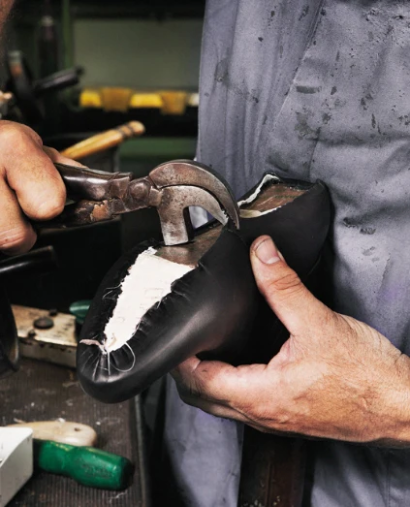
Fashion has a waste problem, we want to fix it. With our “On-Demand” production model, we hope to set an example to reduce overproduction and waste of resources, whilst offering you a personalised ...
Read more
